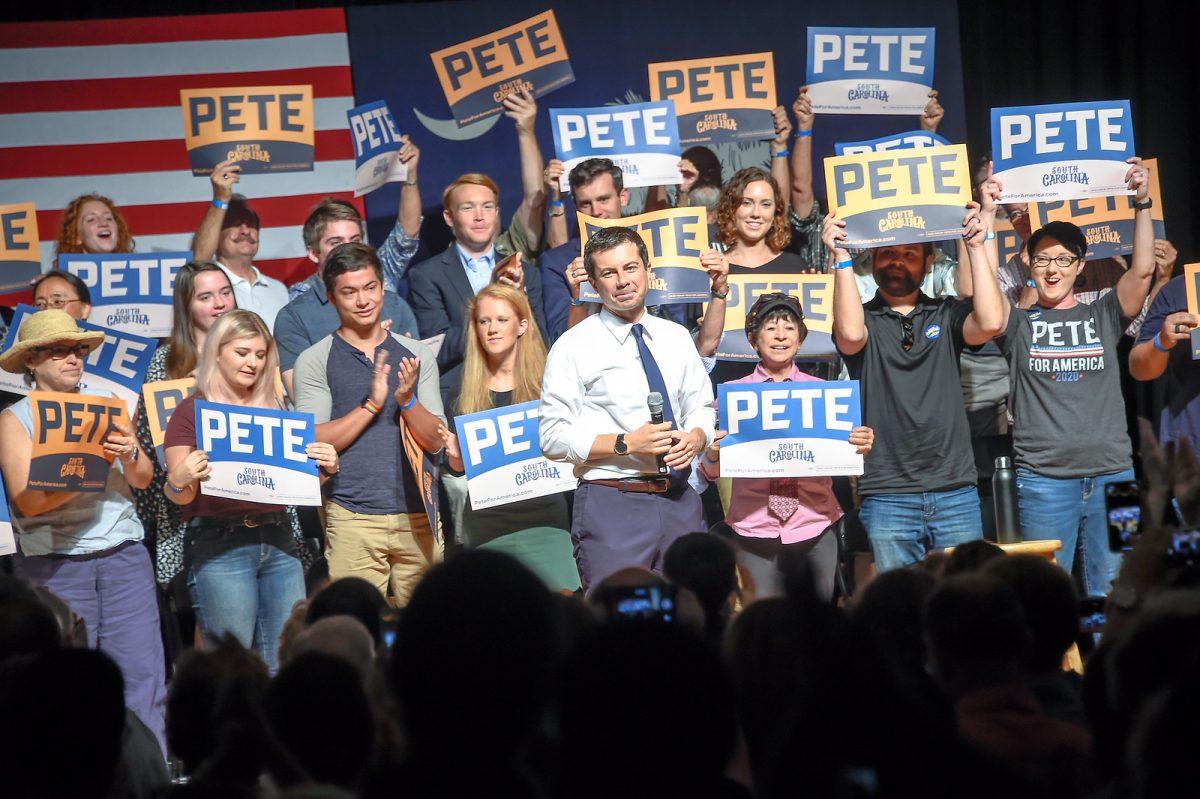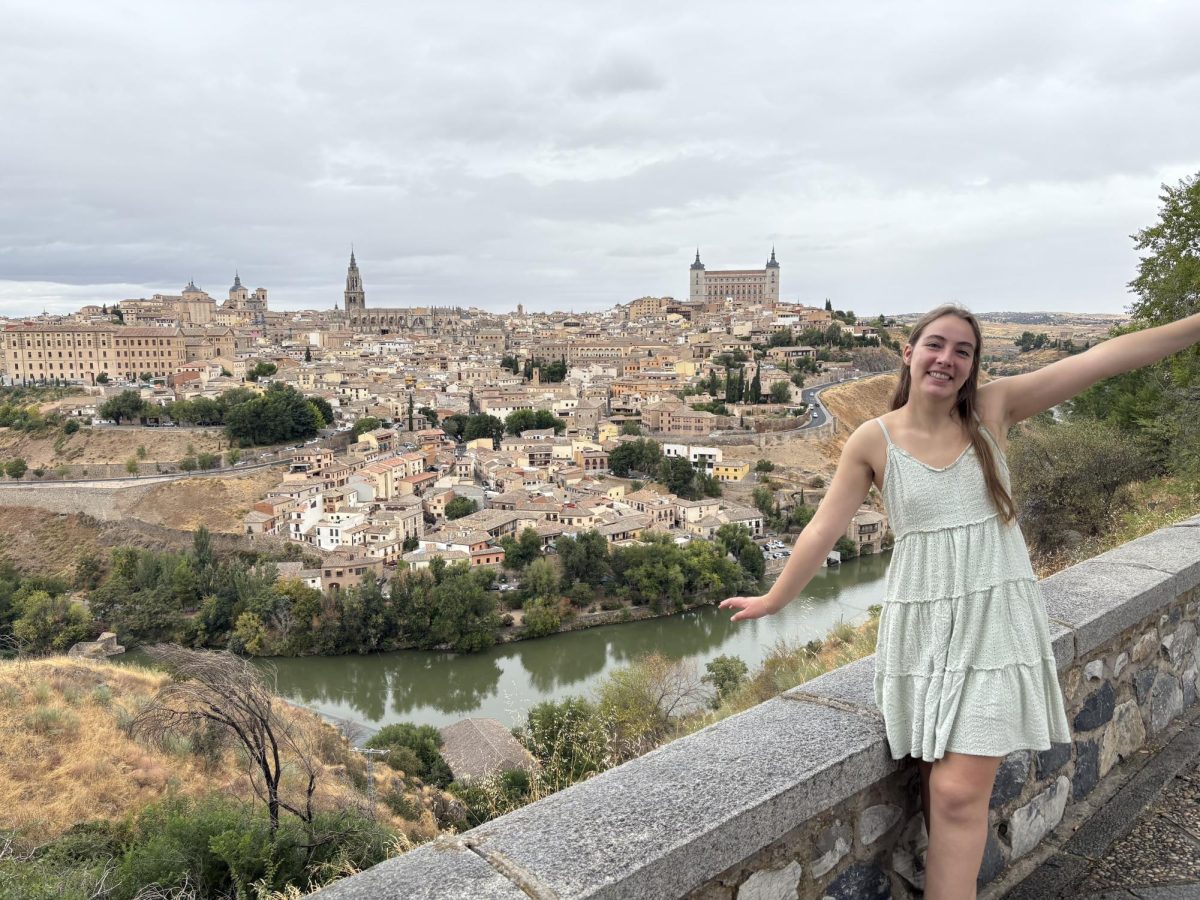Wofford welcomes first candidate of 2020 election cycle
Wofford College senior and College Democrats President, Bali Channa, says that when she was a freshman there was no active representation for her political party on campus. “So, after the 2016 election, a group of us were like ‘we should get together find an advisor and recharter this,’ because there used to be one [College Democrats group] on campus but it just kind of diminished in that cycle,” Channa explained.
By reaching out to every campaign that she could, Channa was able to secure the mayor of South Bend and 2020 presidential Democratic candidate, Mayor Pete Buttigieg, for an event on campus.
On Monday, Sept. 16, students, faculty and locals filled the pews of Leonard Auditorium to hear Buttigieg speak to the campus and community. President Samhat began the event by commenting on how important the diversity of candidates that Wofford welcomes is to the democratic fabric of the campus community. Channa then took the stage and thanked Buttigieg, as well as Samhat and the Office of Marketing and Communications, for assisting College Democrats in putting together the event. Following this, Channa invited Buttigieg to stage.
With sleeves rolled and tie loosened, Buttigieg spoke with urgency about the current state of the country and stressed certain political issues saying, “Our country is running out of time. We can’t have four more years of this president dividing us.” He continued, saying, “where we are right now — we are not in a place that a country can sustain itself.” However, the Mayor quickly moved on from focusing on the current presidency and transitioned into talking about what he would do with his potential presidency.
Buttigieg briefly commented on the heightened topic of gun violence that the country is currently experiencing, a topic that he says is the same today as it was when he was in high school. He deemed the current state of gun violence to be the second national conversation that the country is having on the issue. “Shame on us if we allow there to be a third,” he declared.
He then moved on to a topic of division and the current state of the population, which he described as “dangerously divided and dangerously polarized.” Attributing social issues and political disagreements to this divide, he advocated to confront the version of nationalism which, he explained, tells people they do not belong because of their ethnicity and claims that patriotism and national security can bring us together and move the country in a progressive direction. He also commented on faith and how it is used to divide political parties, saying, “God does not belong to a political party.”
Race is another point of contention that Buttigieg spoke on, saying that we should pledge to end systemic racism in our lifetime and that the color of your skin should not determine your health, income or experience with law enforcement. To end this national racial disparity, Buttigieg thinks the solution lies in uplifting black entrepreneurs from the federal level.
After Buttigieg’s speech, he opened the floor to questions, during which one member of the audience asked about his plans to limit agribusinesses effects on the environment, specifically the climate. He answered by pointing to the federal government as the biggest consumer of agriculture there is and that with the high consumption of petroleum by the U.S. government, a feasible starting point to limit fuel emissions would be the military. He also mentioned federally-funded agricultural programs for farmers to practice more sustainable techniques, such as zero-emission cattle farms, soil management and an introduction of efficient cover crops to the national market.
Buttigieg closed with remarks on national unification motivated by an intent to ensure that President Trump does not see a second term. “The less we are talking about him, the more we are talking about you! We will see you on the campaign trail,” he concluded.
Channa says that the Wofford community can anticipate more events and candidates on campus as well as democratic outreach from College Democrats in the coming year before the election in November 2020. She deems the upcoming months “an important election cycle.”































